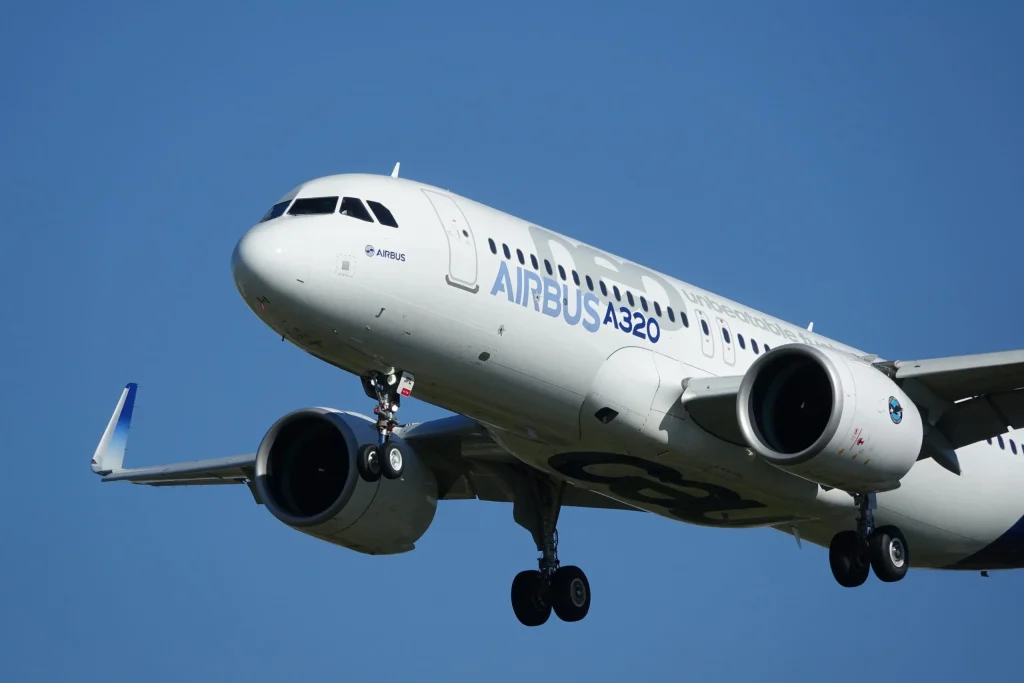Airbus, Cathay Launch $70M Co-Investment to Scale Sustainable Aviation Fuel in Asia

• Airbus and Cathay to jointly invest up to US$70 million in SAF production projects across Asia and beyond.
• Partnership aims to accelerate commercialisation and long-term offtake of sustainable aviation fuel.
• Collaboration includes policy advocacy to expand access and affordability of SAF in key regional markets.
Joint Commitment to Decarbonizing Aviation
Airbus and the Cathay Group have entered a co-investment partnership worth up to US$70 million to accelerate the development and scale-up of sustainable aviation fuel (SAF) production, with a particular focus on Asia’s growing aviation sector. The announcement was made in Hong Kong during the IATA World Sustainability Symposium, underscoring the increasing urgency for cross-industry collaboration to decarbonize air travel.
The partnership, formalised at a ceremony attended by Cathay Chief Operations and Service Delivery Officer Alex McGowan and Airbus President for Asia-Pacific Anand Stanley, will fund SAF projects that demonstrate strong commercial viability, mature technology readiness, and credible pathways for long-term offtake.
Building a Scalable SAF Value Chain
Both companies emphasised that scaling SAF will require deep, system-wide coordination — from policymakers and investors to fuel producers and airlines. The joint fund is designed to target projects that can overcome early-stage financing and infrastructure barriers that have constrained the global SAF market, which currently accounts for less than 1% of total aviation fuel use.
“SAF remains the most important lever for Cathay and the wider aviation industry to drive toward our decarbonization goals,” said McGowan. “This co-investment partnership with Airbus strengthens our commitment to building a scalable SAF industry and complements our broader strategy of investing in technologies and production capacity for the future.”
Cathay’s existing initiatives include participation in the oneworld alliance’s Sustainable Aviation Fuel Fund and agreements with multiple fuel producers to expand SAF availability at major hubs.
Airbus Expands Industry Collaboration
For Airbus, the partnership represents a continuation of its SAF-focused collaborations with airlines and energy companies worldwide. The aircraft manufacturer has committed to ensuring all of its aircraft are capable of operating with up to 100% SAF by 2030 and has established partnerships with fuel suppliers and governments to accelerate market uptake.
“The production and distribution of affordable SAF at scale requires an unprecedented cross-sectoral approach,” said Stanley. “Our partnership with Cathay is a tangible step toward catalysing production in regions best positioned for growth and feedstock supply.”
RELATED ARTICLE: Airbus and LanzaJet to Collaborate on Sustainable Aviation Fuel Production
Strengthening Asia’s Role in SAF Production
Beyond financing projects, Airbus and Cathay plan to jointly advocate for supportive policy frameworks that strengthen both SAF supply and demand across Asia. The region’s abundant feedstock potential — from agricultural residues to waste oils — and rapidly expanding aviation market make it a critical frontier for SAF deployment.
By leveraging their combined experience and networks, the two companies intend to influence policies that reduce cost disparities between SAF and conventional jet fuel, promote regional production hubs, and ensure consistent certification standards.
Asia’s aviation industry is projected to account for more than 40% of global passenger traffic by 2040, according to IATA. However, limited SAF supply and uneven regulatory support remain major challenges. The Airbus-Cathay initiative could serve as a blueprint for other regional partnerships linking airlines, manufacturers, and investors.
Longstanding Partnership and Future Outlook
The collaboration builds on a relationship that spans more than three decades. Cathay took delivery of its first Airbus aircraft in 1989 and now operates a fleet of 86 Airbus jets, with over 70 more on order. Their shared investment in SAF reflects a deepening alignment between the manufacturer and one of Asia’s leading carriers on climate transition priorities.
For global aviation leaders and investors, the move illustrates a shifting dynamic: airlines and OEMs are increasingly co-investing in upstream fuel infrastructure, recognising that long-term decarbonisation depends on securing scalable, cost-competitive SAF supply.
As governments prepare to enforce tighter carbon-reduction targets under ICAO’s CORSIA framework and national net-zero policies, collaborations like the Airbus-Cathay partnership will play a critical role in bridging the gap between technological readiness and commercial deployment — a decisive step in reshaping the global aviation fuel landscape.
Follow ESG News on LinkedIn












